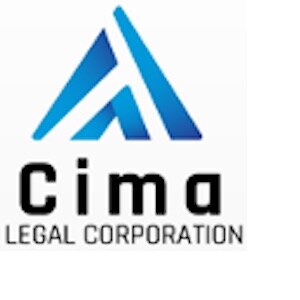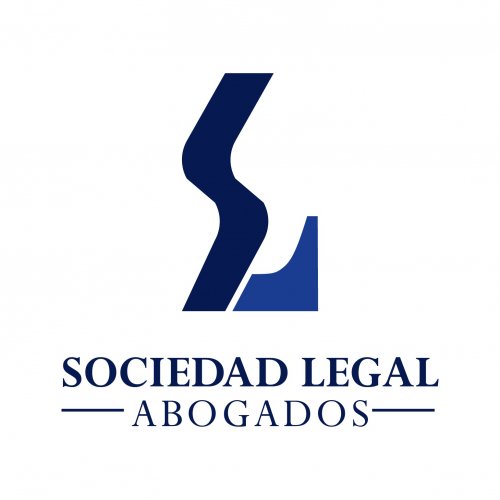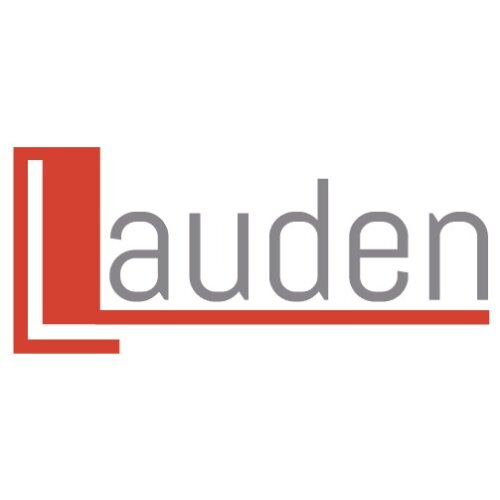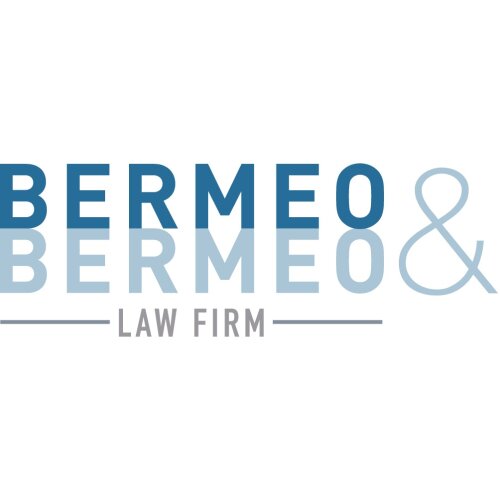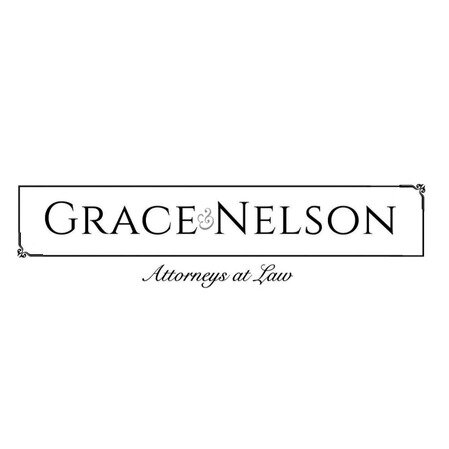Best Antitrust Litigation Lawyers in Ecuador
Share your needs with us, get contacted by law firms.
Free. Takes 2 min.
Or refine your search by selecting a city:
List of the best lawyers in Ecuador
About Antitrust Litigation Law in Ecuador
Antitrust litigation in Ecuador refers to legal disputes and processes aimed at enforcing and upholding fair competition within the marketplace. The goal of these laws is to prevent and punish anti-competitive conduct such as price-fixing, abuse of dominant position, market division, or unlawful mergers and acquisitions. Ecuador’s antitrust legal framework seeks to protect both consumers and businesses from unfair practices that hinder free and open competition. Disputes typically arise when an individual, company, or government agency brings claims of anti-competitive behavior before the national authority or courts for resolution.
Why You May Need a Lawyer
Legal expertise is crucial when navigating antitrust laws, which can be complex and require specialized knowledge. You may need a lawyer in the following situations:
- You suspect another company or competitor is engaging in unfair practices affecting your business.
- Your business has been accused of anti-competitive conduct such as price-fixing or abuse of market dominance.
- You are involved in merger or acquisition procedures requiring government approval for competition concerns.
- You wish to challenge or defend against sanctions or fines imposed by the Superintendence of Market Power Control (Superintendencia de Control del Poder de Mercado, SCPM).
- You require guidance on compliance programs to prevent antitrust violations.
- You are a consumer group or association affected by monopolistic or anti-competitive practices.
A specialized lawyer can help you understand your rights and obligations, represent your interests in administrative or judicial proceedings, and ensure compliance with Ecuadorian antitrust regulations.
Local Laws Overview
Ecuador’s principal legislative instrument governing antitrust matters is the Organic Law for Regulation and Control of Market Power (Ley Orgánica de Regulación y Control del Poder de Mercado - LORCPM), implemented in 2011. This law outlines the rules and procedures for detecting, investigating, and sanctioning anti-competitive behavior.
Key aspects of local law include:
- Prohibited Conducts: Agreements between competitors (cartels), abuse of dominant position, practices restricting market access, and unauthorized mergers are strictly regulated.
- Enforcement Agency: The SCPM is the main government entity responsible for investigating and sanctioning violations of competition law.
- Procedures: Antitrust cases can be initiated by complaints from affected parties, on the SCPM’s own motion, or through referrals from other authorities. Proceedings usually start with an investigation followed by administrative, and potentially, judicial review.
- Sanctions: Violators may be subject to significant fines, disqualification from public procurement, or orders to cease and desist anti-competitive practices.
- Leniency Program: Certain cartel members may receive reduced sanctions if they collaborate with authorities and provide useful information.
Local law is aligned with international best practices, aiming to foster a fair and efficient economic environment.
Frequently Asked Questions
What is considered anti-competitive conduct under Ecuadorian law?
Anti-competitive conduct includes activities such as price-fixing, collusive bidding, market allocation, limiting production, and abuse of a dominant market position.
Who enforces antitrust laws in Ecuador?
The Superintendence of Market Power Control (SCPM) is the primary authority responsible for investigating and sanctioning violations of antitrust law.
What are the potential sanctions for violating antitrust laws?
Sanctions can include substantial monetary fines, disqualification from public contracting, orders to end anti-competitive behavior, and reputational consequences.
How can a business ensure compliance with antitrust laws?
Implement compliance programs, train employees on legal requirements, consult legal professionals regarding business practices, and proactively seek guidance from authorities if in doubt.
Can a company defend itself if wrongly accused of anti-competitive behavior?
Yes, companies have the right to defend themselves during administrative proceedings before the SCPM and can appeal decisions in court.
Are mergers and acquisitions subject to antitrust review in Ecuador?
Yes, certain mergers and acquisitions must be notified to and approved by the SCPM if they meet specific thresholds regarding market share or transaction value.
What triggers an antitrust investigation?
Investigations can be triggered by complaints from competitors or consumers, from notifications by other authorities, or when the SCPM identifies potential violations during its own monitoring activities.
Are there exemptions to antitrust rules?
Some collaborative agreements that generate efficiencies or benefit consumers may be exempt, but these cases require formal evaluation by the SCPM.
Can individuals or consumer groups bring antitrust claims?
Yes, both individuals and consumer groups affected by anti-competitive practices can file complaints and participate in proceedings.
What is the statute of limitations for antitrust cases?
Typically, antitrust enforcement actions must be brought within five years from when the alleged conduct ceased. However, specific timelines may vary and should be confirmed with a legal expert.
Additional Resources
- Superintendence of Market Power Control (Superintendencia de Control del Poder de Mercado, SCPM) - The main governmental body for antitrust enforcement in Ecuador. Their offices and website provide guidelines and information on procedures.
- Ministry of Production, Foreign Trade, Investments, and Fisheries - Offers policy updates and general information on market regulations.
- Bar associations and legal aid clinics - Can offer referrals to qualified antitrust lawyers.
- Universities and academic centers - May offer free or low-cost seminars, publications, or legal advice on market competition issues.
Next Steps
If you believe you are facing an antitrust issue or need legal assistance in Ecuador, consider these steps:
- Gather all documents and evidence related to the alleged conduct or dispute.
- Contact a qualified antitrust lawyer who has experience with the SCPM and local courts.
- Request an initial consultation to evaluate the strengths and risks of your case.
- Work closely with your lawyer to develop a compliance strategy or defense as needed.
- If you are a business, implement internal compliance and training programs to prevent future issues.
- Stay informed about new developments by following official updates from the SCPM or professional associations.
Professional guidance is essential, as antitrust litigation can have serious financial and reputational implications. Early action and informed legal support will help protect your interests and guide you through the Ecuadorian legal system.
Lawzana helps you find the best lawyers and law firms in Ecuador through a curated and pre-screened list of qualified legal professionals. Our platform offers rankings and detailed profiles of attorneys and law firms, allowing you to compare based on practice areas, including Antitrust Litigation, experience, and client feedback.
Each profile includes a description of the firm's areas of practice, client reviews, team members and partners, year of establishment, spoken languages, office locations, contact information, social media presence, and any published articles or resources. Most firms on our platform speak English and are experienced in both local and international legal matters.
Get a quote from top-rated law firms in Ecuador — quickly, securely, and without unnecessary hassle.
Disclaimer:
The information provided on this page is for general informational purposes only and does not constitute legal advice. While we strive to ensure the accuracy and relevance of the content, legal information may change over time, and interpretations of the law can vary. You should always consult with a qualified legal professional for advice specific to your situation.
We disclaim all liability for actions taken or not taken based on the content of this page. If you believe any information is incorrect or outdated, please contact us, and we will review and update it where appropriate.
Browse antitrust litigation law firms by city in Ecuador
Refine your search by selecting a city.




